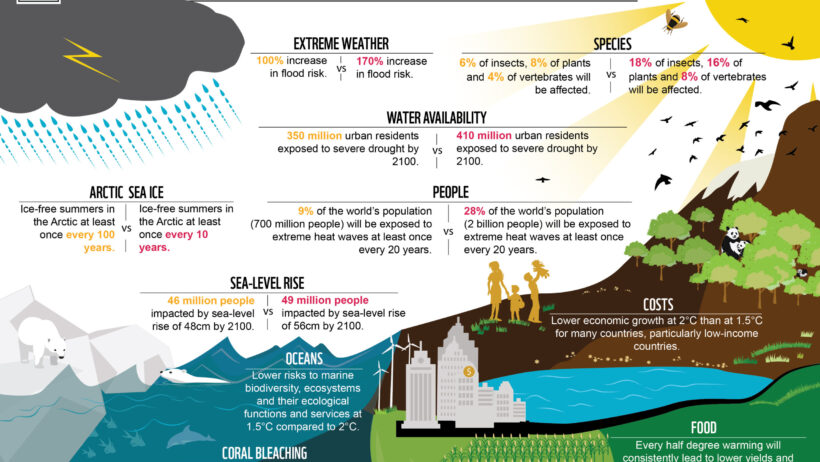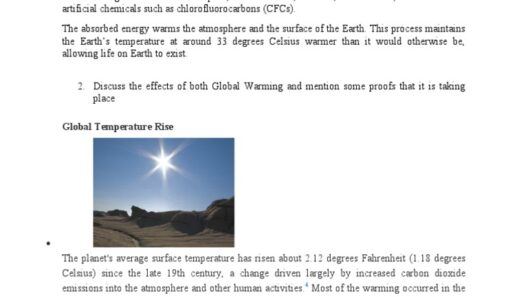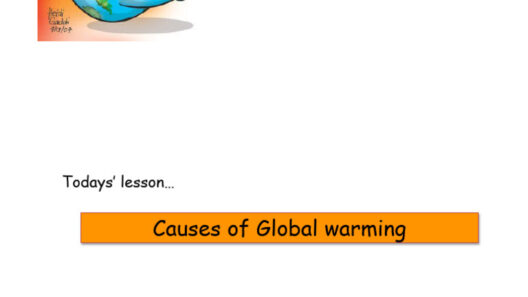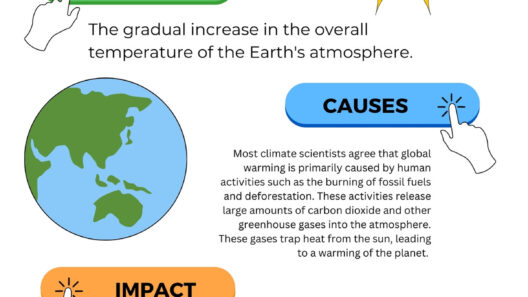Climate change and global warming are no longer distant threats; they are an immediate crisis that demands our unwavering attention. As the planet continues to warm due to human activities, the repercussions of inaction become increasingly severe. This article delves into the multifaceted nature of climate change, elucidating the urgent actions necessary to mitigate its effects on our planet and society.
Recognizing the stakes is essential. A fundamental understanding of how climate change manifests can ignite the spirit of activism within communities and individuals alike. The future hinges on our collective efforts, which makes this an imperative that transcends borders, politics, and socioeconomic divides. Without meaningful engagement and irreversible policies, both nature and humanity stand to suffer irrevocable consequences.
The essence of climate change lies in the rise of greenhouse gas emissions, chiefly carbon dioxide and methane, into the atmosphere. These gases trap heat, creating a “greenhouse effect” that leads to rising temperatures globally. The more we postpone decisive actions, the more daunting the task of recovery becomes. It is here that we must act boldly, seek innovative solutions, and foster a culture of sustainability.
As we confront the dire ramifications of climate change, it becomes paramount to understand that the consequences are not only environmental but also social. The following sections will explore these intricacies, highlighting the multifaceted aspects of climate change.
Global Warming: The Alarming Reality
The spring of 2021 brought with it record-breaking temperatures. Extreme weather events have surged dramatically, from unprecedented wildfires in the Western United States to cataclysmic flooding in Europe and South Asia. This surge in climate anomalies is not merely incidental; it is a clarion call for action. Incredibly, scientists predict that if global temperatures rise by just 1.5°C above pre-industrial levels, the world will experience catastrophic outcomes, including sea level rise, loss of biodiversity, and widespread food shortages.
Civilization stands at a tipping point. We cannot afford to be complacent in the face of these threats. Understanding the gravity of our current situation is a prerequisite for mobilizing communities and influencing policymakers. Only through empathetic comprehension can we prompt collective action, emphasizing the need for radical shifts in our habits and policy frameworks.
Microcosm of Consequences: Ecosystem Disruption
The impact of climate change on ecosystems is staggering. Many species are being pushed to the brink of extinction due to habitat loss and changing climatic conditions. Coral reefs, often referred to as the “rainforests of the sea,” are particularly vulnerable. Ocean acidification and rising temperatures lead to coral bleaching, which not only endangers marine biodiversity but also affects the communities that rely on these ecosystems for their livelihoods.
Furthermore, the melting Arctic ice caps serve as a stark reminder of the changes underway. This region warms at a rate two to three times faster than the global average, disrupting weather patterns and affecting not only polar bears and seals but also the global climate systems. If the Arctic continues to degrade, the ramifications could extend far beyond the polar regions, altering climatic patterns worldwide and exacerbating the frequency of extreme weather events.
The social implications of these disruptions are profound. As animal habitats dwindle, human populations are forced to adapt, often resulting in displaced communities and resource conflicts. Migratory pressures are expected to escalate as climate-related phenomena undermine agricultural productivity. Thus, climate change serves as both a precursor to and exacerbator of social instability.
Call to Action: The Need for Urgent Solutions
The time for action is now. Governments, businesses, and individuals must unite to adopt sustainable practices and green technologies. Transitioning to renewable energy sources, minimizing waste through better consumption practices, and fostering regenerative agricultural methods are just a few essential steps toward a sustainable future. These actions mitigate the impacts of climate change while simultaneously promoting resilience in our communities.
Moreover, educational initiatives focusing on environmental literacy can foster a generation that values sustainability. By engaging students in discussions about climate science, ethics, and proactive measures, we cultivate an informed populace equipped to combat environmental degradation.
Governments bear the most significant responsibility in this arena. Enacting comprehensive climate policies, enforcing stringent regulations on emissions, and investing in green infrastructure are paramount. Public investments in renewable energy can stimulate economic growth and create job opportunities while simultaneously addressing the pressing issue of climate change.
Collective Efforts: Grassroots Movements and Global Initiatives
Global cooperation is critical in addressing climate change effectively. International agreements such as the Paris Agreement kickstart momentum toward a sustainable future, yet adherence and commitment are crucial. Grassroots movements across the globe exemplify the power of communal action and advocacy. Individuals and organizations coming together to push for policy reforms catalyze change at a scale that individual efforts cannot achieve alone.
In conclusion, the urgency of combatting climate change cannot be overstated. Each contribution to environmental preservation is a step toward safeguarding our planet. By raising awareness and catalyzing action, we can engender change that will last for generations. Our planet’s future rests in our hands, and we must rise to the occasion with diligence, courage, and resolve.








